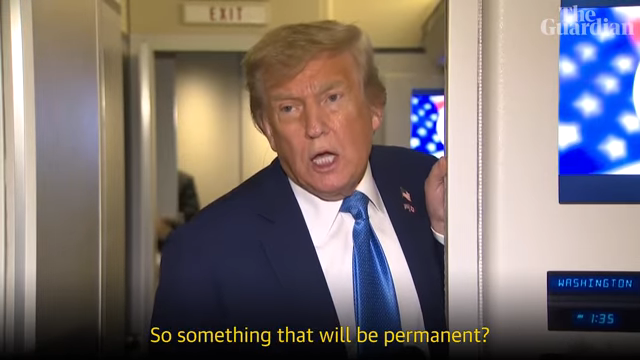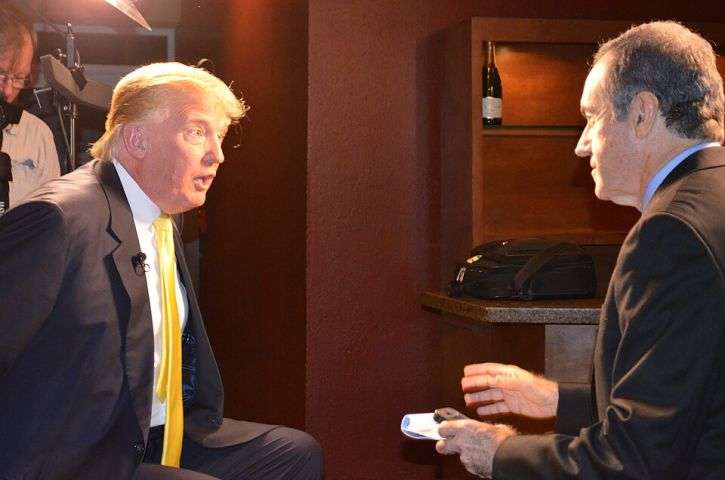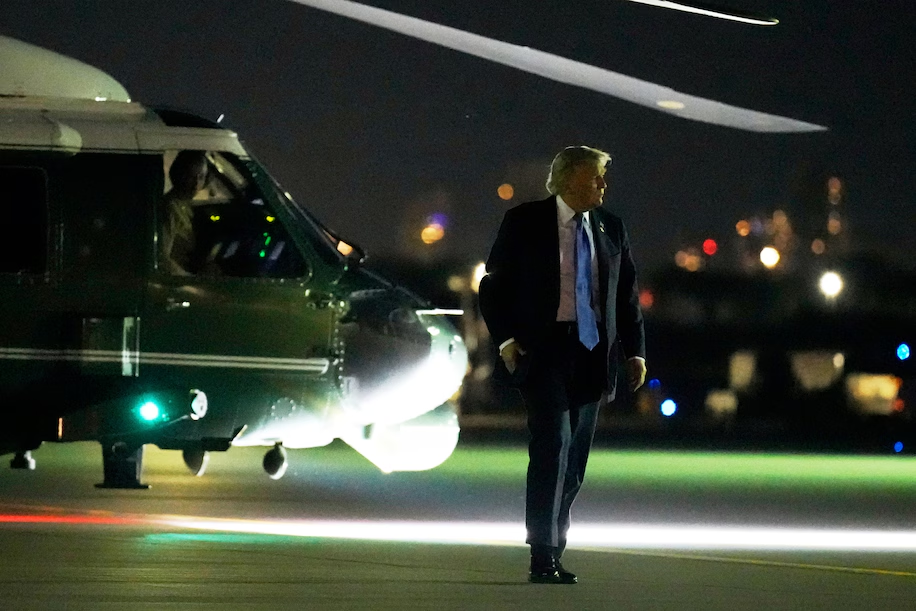
Iran and Israel have traded a new round of potent attacks in a dispute that is increasingly gaining international attention. This is a hazardous escalation in their already tense standoff. Former U.S. President Donald Trump has made a rare and forceful intervention, calling for a “genuine stop” to hostilities, in response to the current spate of attacks on both sides that have increased worries of a protracted regional conflict.
Renewing Blows in a Changing Environment
The latest war began early Tuesday morning when Iranian drones and missiles targeted military bases in southern Israel, particularly those near Beersheba and Ashkelon. Many of the projectiles were intercepted by Israeli defensive systems, such as the Iron Dome and David’s Sling, but some nevertheless made it to their targets, leaving behind damage and casualties.
Hours later, Israel retaliated with targeted strikes deep within Iran, striking key Revolutionary Guard installations in western Tehran and weapons stores near Tabriz. Several Iranian cities reported loud explosions, and Iranian official television announced that people had been killed, though the precise number is still unknown.
“Iran will face significant consequences for any attack on our citizens,” stated Israeli Prime Minister Benjamin Netanyahu.
Additionally, he underlined that Israel was acting “within the confines of self-defense,” but that if Iran persisted in its assault, the situation would worsen.

The Suffering of Civilians Increases
Although military installations continue to be the major targets, civilians are increasingly falling prey to this escalating conflict. While thousands of people are still in lockdown bomb shelters in Israel, emergency services have recorded dozens of injuries from falling debris and shockwaves
Businesses and institutions are still shuttered in central and southern Israel.
Locals living close to military installations on the Iranian side reported shrapnel injuries and damaged buildings. Hospitals in Tehran and Tabriz are allegedly overcrowded, while some regions are reporting fuel shortages as a result of damaged infrastructure.
A humanitarian disaster is imminent, according to international aid organizations.
The UN has urged for the creation of safe zones for non-combatants on both sides, while the Iranian Red Crescent Society and its international partners have appealed for immediate assistance.
Trump’s Unexpected Intercession
During a press event at his Mar-a-Lago resort, former US President Donald Trump issued a surprising and unusually straightforward appeal in light of the growing crisis.
. Trump spoke in front of a bunch of reporters:
“The current situation between Iran and Israel is risky, careless, and has the potential to worsen beyond anyone’s wildest expectations. This must truly come to a stop. A real solution, not merely a stopgap or a tenuous ceasefire. Another protracted conflict in the Middle East is not something the world can afford.
Trump, who has long been an outspoken supporter of Israel and oversaw significant changes in U.S. policy in the region while in office, including the contentious 2018 withdrawal from the Iran nuclear deal, added that “weak leadership and failed diplomacy” were to blame for the current conflict.
This is the result of deterrence failing. When Biden took office, I issued a warning about this. Instead of turmoil, you need strength, clarity, and negotiation,” Trump said.
Trump also pressed for an urgent regional summit involving Saudi Arabia, Israel, Iran, and the United Arab Emirates and urged Arab countries to serve as mediators. His comments were extensively reported in the world media and sparked a new discussion on American involvement in the war, despite the fact that no current government officials supported his approach.

Risks of Global Reaction and Escalation
During an emergency closed-door session, the UN Security Council was unable to agree on a resolution because of opposition from China and Russia to Western-drafted language condemning Iran’s actions. The European Union has warned that further strikes could cause unmanageable regional instability and has asked both nations to pull back from the edge.
Many fear that Hezbollah’s intensified bombardment of Israeli cities in the north from southern Lebanon could lead to the opening of a second front in the conflict. In response, Israeli aircraft have bombed Hezbollah’s supply routes, escalating the conflict’s breadth.
While the Biden administration has remained cautious and merely released a brief statement urging “control on all sides,” Turkey, Qatar, and Egypt have volunteered to mediate.
Absence of De-escalation Signs
Iran and Israel do not seem to want to de-escalate in spite of pressure from other countries. Analysts caution that if prompt and significant diplomatic action is not taken, the dispute may turn into a full-fledged regional conflict involving numerous state and non-state entities.
As the globe observes with increasing concern


